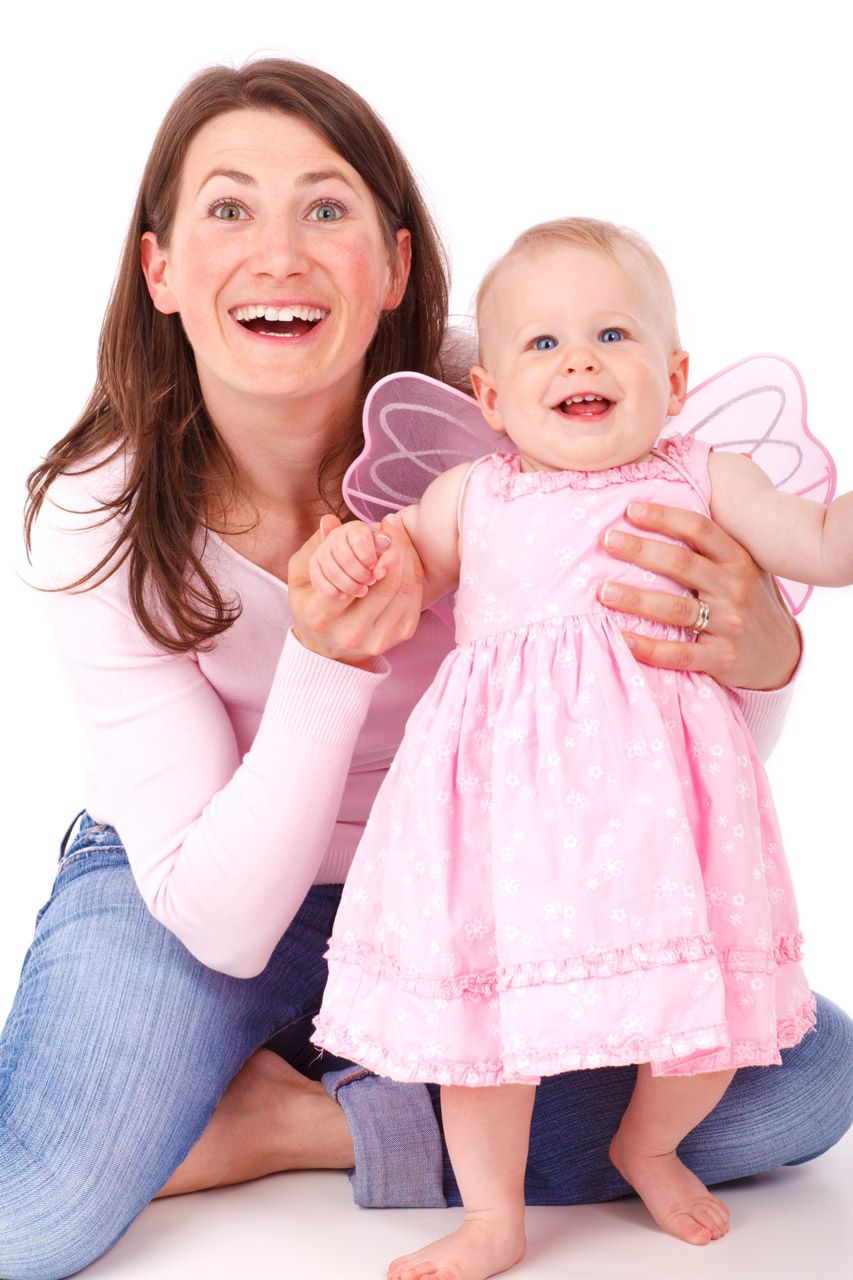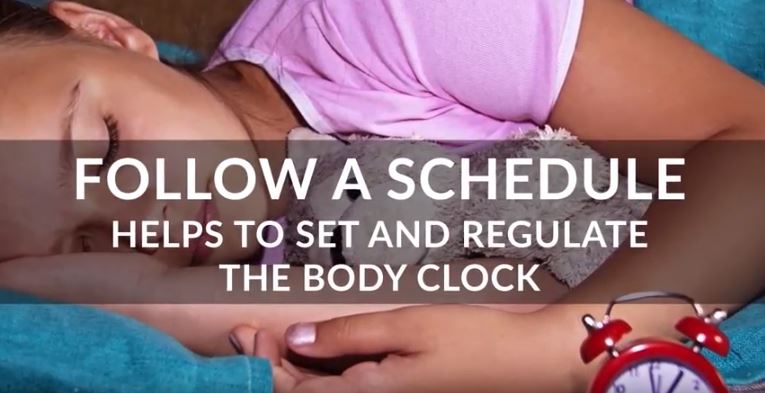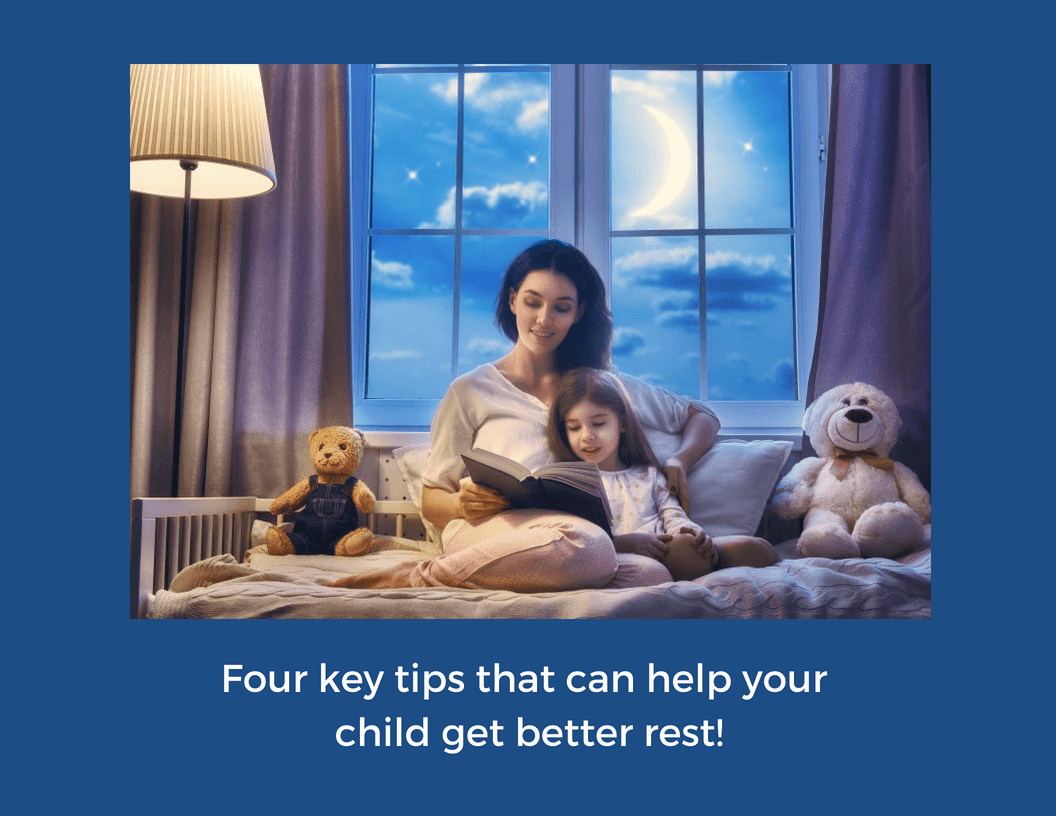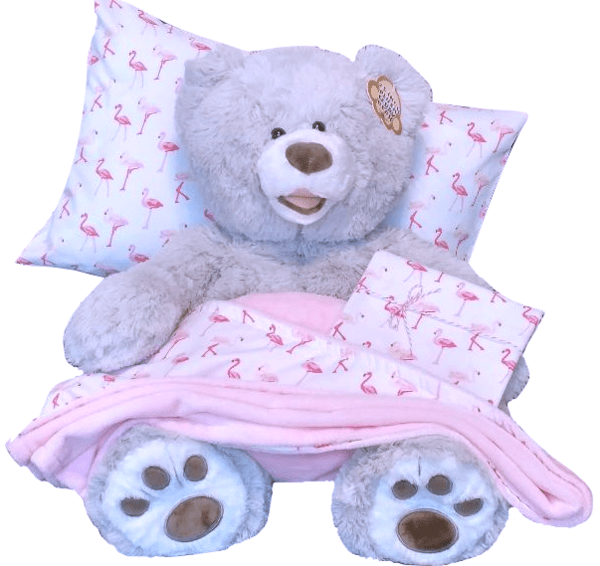4 Important Tips to Help Your Toddler Sleep Better and Feel Happier
Is your toddler getting enough sleep? What about you?
- Is your toddler especially cranky, fussy, or whiny?
- Is she more irritable?
- Is she quicker to cry, moodier, and harder to console?
- Is she more hyperactive and antsy?
- Does she yawn through the day?
- Does she complain of feeling tired - in her own way?
- Is she less interested, focused, and motivated?
- Does she forget things easier?
- Does she get sick quicker, easier, and more frequently?

Important benefits of getting enough good rest

When your child gets enough good sleep, she will feel more “full of life.” So will you. She will have have a greater capacity to:
- Enjoy the day
- Feel happier
- Pay better attention
- Concentrate better
- Learn new things easier
- Create and maintain positive relations with others
- Have energy to last the day
- Be more creative
- Be and feel healthier!
How much sleep does your child need?
According to the National Sleep Foundation, by the time a baby becomes a toddler, she will need 11 to 14 hours of sleep per day. This often includes naps; however, a toddler will normally sleep 10 hours or more per night.

Snugly, soft toddler and travel pillowcases

Irresistible and snugly soft toddler or travel pillowcases. We make them by hand here in the USA.
Greater risk of health problems when lack of good sleep

According to a new study led by a Harvard pediatrician, children who don’t get enough sleep are more likely to have problems controlling their emotions, paying attention, and getting along with others.
Poor sleep may lead to chronic health. It is especially essential for your child’s development and plays a huge part in promoting physical development. While asleep, your toddler's body is busy producing hormones that stimulate growth and development. For instance, 80% of the growth hormone somatotropin is dispersed through the pituitary gland – while your child sleeps. Sleep-deprivation can affect the balance of hormones which can mess up their emotions, energy levels, and make them moody.
Insufficient sleep affects a lot more than the child’s mood. There are many physical, mental, and emotional problems that we know about that are tied to lack of sleep. There are higher risks of your child’s growth being stunted, becoming obese, acquiring type 2 diabetes, and ending up with cardiovascular and coronary diseases.
For all people, regardless of age, sleep is essential for a healthy heart, balanced hormone levels, and the ability to regulate and metabolize glucose.
Your child's new favorite blanket
Super soft and cuddly minky fabric on one side. The other side is 100% soft microfiber fabric with a flamingo print. Big enough for a growing toddler! Large, 42 x 58 inches.
Important tips to help your toddler get great rest

1. Practice a relaxing bedtime ritual
Make bedtime a special time and routine. This can be a time for you to interact with your child in a way that is secure and loving, yet firm. At bedtime, spend some special time with your child. Be firm and go through a certain bedtime routine that your child is used to. At the end of that routine the lights go off and it is time to fall asleep.

2. Turn the noise and light level down to low
Sounds impact the rest of your toddler. The less noise, the calmer she will be. Her brain will continue to register, and process sounds she hears. Noises can even rouse her from a deep sleep and REM sleep. Even though sounds might not awaken her fully, they can cause her to be restless, raise her heart rate and blood pressure, and impact the quality of her sleep.
A darkened room tells your child that it’s time for rest. When we turn the lights down low, we reduce the amount of stimulation around her, and helps to settle and calm her down. The hypothalamus regulates many of our body's functions, including sleep. When light is detected, it sends a message to the brain that trigger chemical events in the body which changes how our body functions. When there is more light in the room, the body kicks into awake mode.

3. Follow a schedule
Establishing and maintaining good sleep routines / schedules helps your child to go to bed on time, and wake up refreshed. It helps to set and regulate the body clock. It also helps them to feel safer and to wind down. Your relaxing routine can be something they really look forward to and can be that special time between you and your child. It helps them to feel loved, safe, and cared for.
Irregular sleep schedules can have a negative impact on the physical, mental, and emotional well being of your child. Yvoone Kelly, from University College, London, specifically studied over 10,000 children and bedtimes. She found that those children who have irregular bedtimes are more likely to struggle with hyperactivity, acting out, being emotionally withdrawn, and other issues.

4. Provide them a favorite stuffed animal and blanket to help them feel secure
A cuddly stuffed animal, blanket, or other comfort item can help children to feel secure, loved, and accepted. Up to 70% of children have a strong attachment to these comfort items or “loveys.” Children psychologists and pediatricians say this isn’t a sign of weakness or insecurity. A child who is attached to a lovey, is one who feels love from his parents. The lovey is an anchor for them, and helps them adjust from dependence to independence.

Your Toddler's Favorite
Having the right favorite toddler blanket, pillow, pillowcase, and stuffed animal may help your toddler to sleep better.
A Toddler Blanket
- YOUR CHILD’S NEW FAVORITE BLANKET!
- Super soft and cuddly 100% Plush Minky on one side and 100% Soft Microfiber Pink Flamingo Print on the other side.
- Handcrafted
- LARGE, 42 x 58 INCHES IN SIZE.
- Machine wash cold. Dry low heat.
2 Pillowcases and a Pillow
- 2 Irresistible and Snugly Soft Pink Flamingo Handcrafted Toddler Pillowcases
- Envelope Style Toddler Pillowcase
- Handcrafted with Quality
- 100% Polyester, Machine washable and tumble dry – no shrinking – no ironing needed!
- 13.25 X 19.5 Pillow
Plush Teddy Bear
- This adorable bear will provide a lifetime of love and comfort and makes the perfect gift for anyone.
- Cute detailing featuring paw prints on the feet and a happy expression
- Dimensions: 25" Tall (head to toe)
- Made from Synthetic Polyester fibers and filling
- Surface washable with mild soap and hand dried






